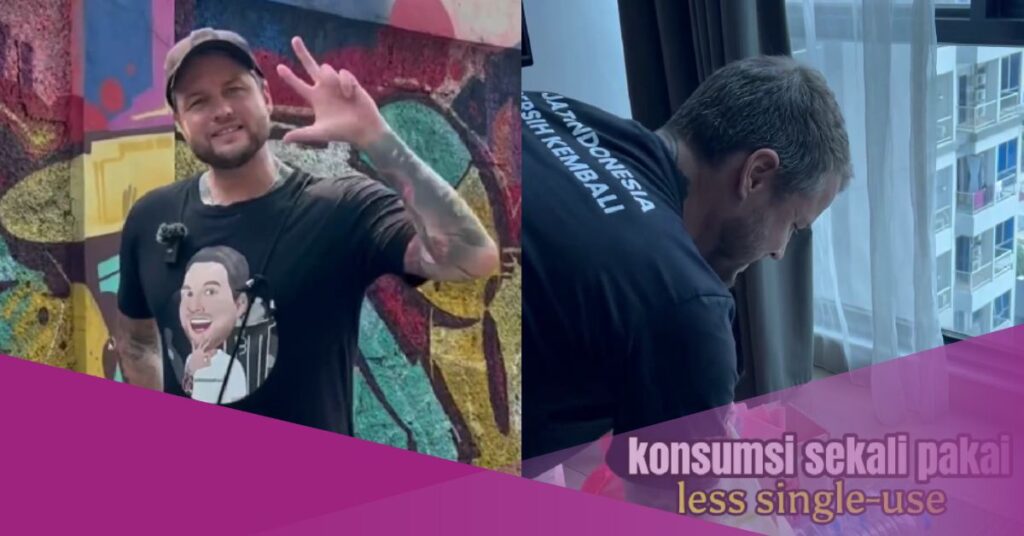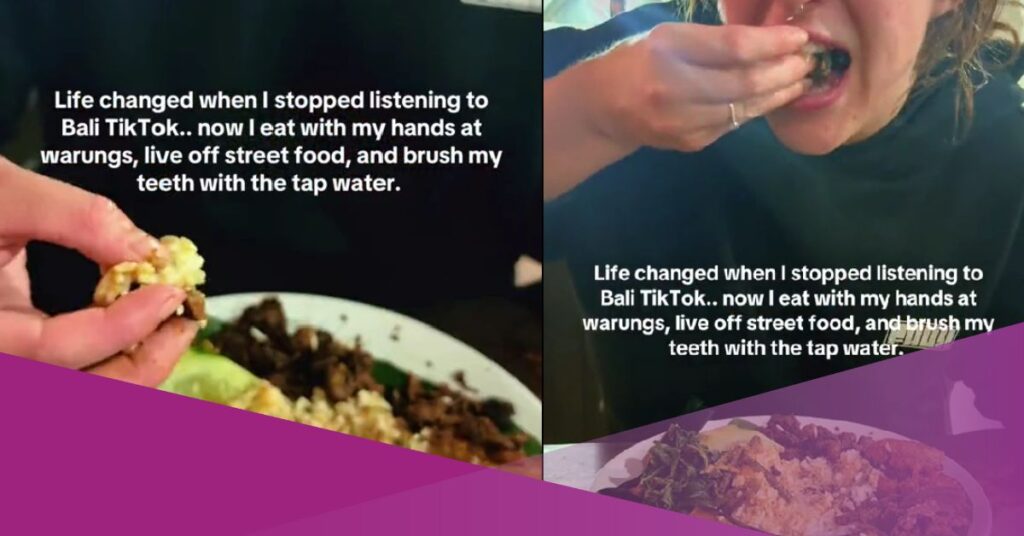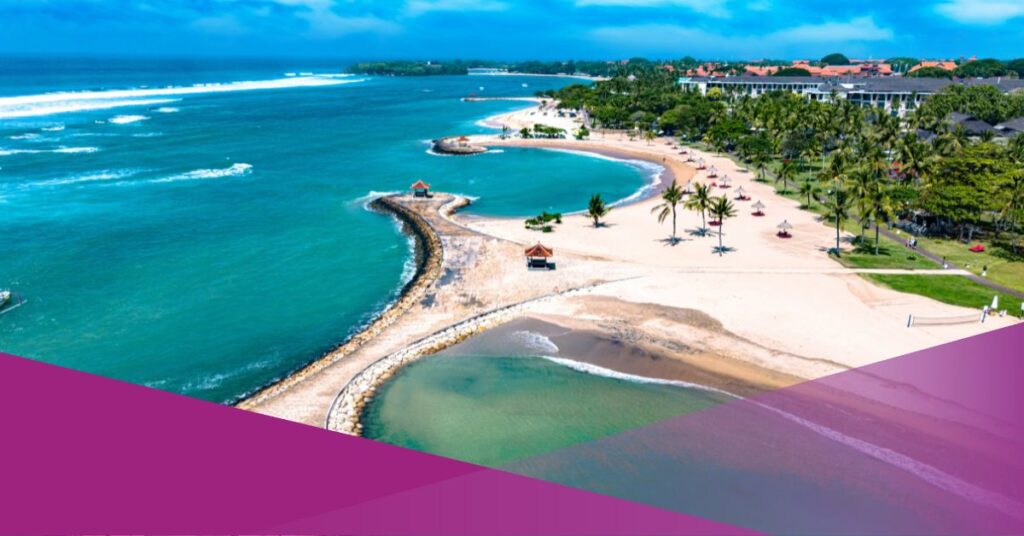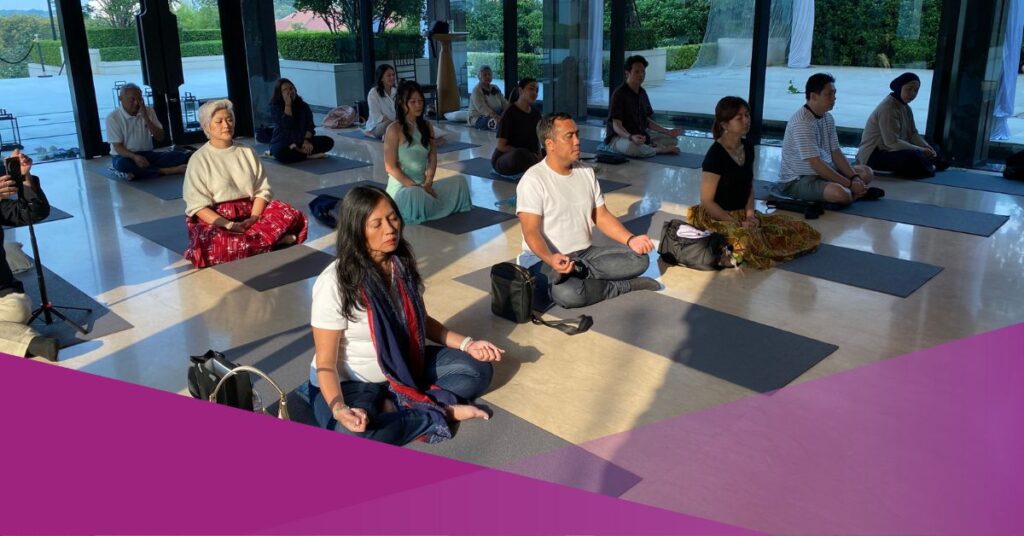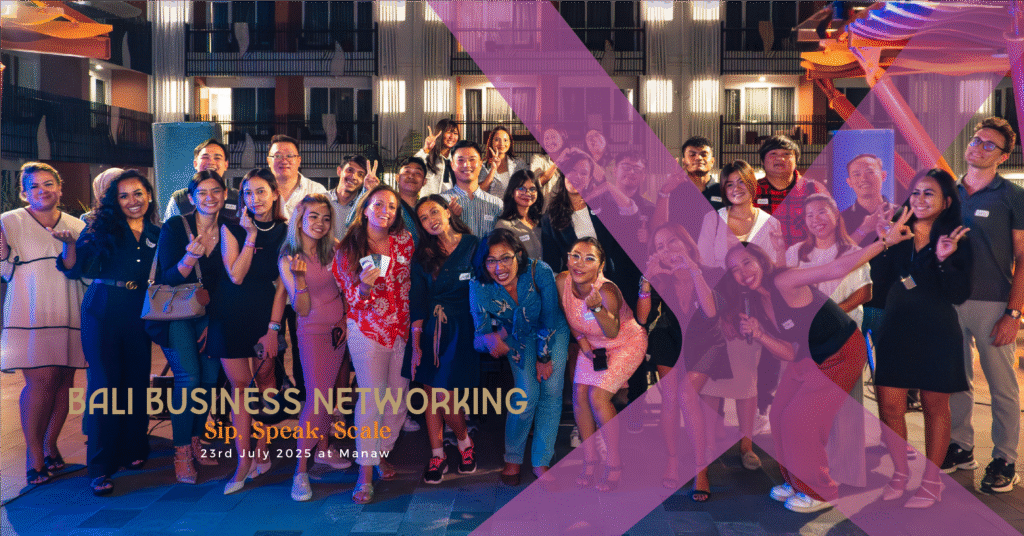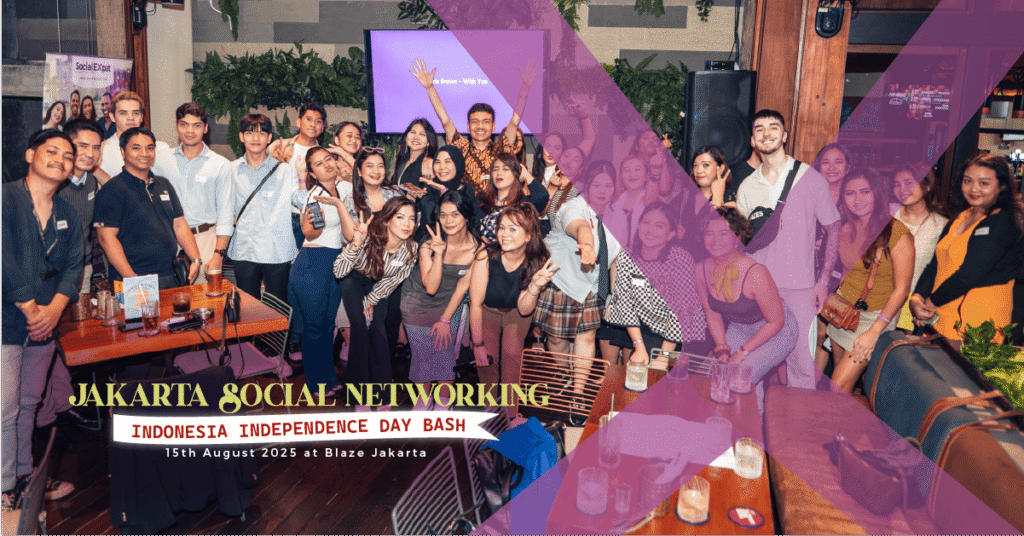Litter is one of the significant environmental problems in Indonesia. Benedict Wermter, a foreigner who focuses on waste issues in Indonesia, provides 3 ways or suggestions for a cleaner Indonesia.
Previously, in 2022, the input results from 202 cities throughout Indonesia from the Ministry of Environment and Forestry’s National Waste Management Information System (SIPSN) said that the amount of national waste generation reached 21.1 million tons. Of the total national waste production, 65.71% (13.9 million tons) can be managed, while the remaining 34.29% (7.2 million tons) needs to be appropriately managed.
With so much waste that has not been managed properly, Indonesian society certainly still faces challenges.
Since his arrival in Indonesia, Benedict has focused on highlighting the waste problem. That prompted the German researcher, writer, and investigative journalist to create a platform that provides information and education, especially regarding plastic waste.
From his latest Instagram post, @bule_sampah, Benedict provides 3 solutions that, if implemented by all Indonesians, can make this country cleaner than other Southeast Asian neighboring countries.
The first is to really establish an anti-litter law. Actually, there is already an anti-litter law, but the Indonesian people must really implement it like our neighboring country, Singapore.
The second is the implementation of EPR in the industry. EPR (Extended Producer Responsibility) is a program that aims to make producers responsible for the environmental impact of their products. Neighboring countries like the Philippines and Malaysia are already doing it.
The third is more about self-control, stopping using single-use plastic packaging, and sorting our waste.
Beni (Benedict Wermter’s nickname) first came to Indonesia as a backpacker tourist in 2017 to North Sumatra.
“The longer I’m here, the more I see that the industrial sector in Indonesia has difficulty maintaining environmental standards properly. From there comes the waste problem faced by the community,” he told JawaPos.
Since then, he has been passionate about creating video content that invites audiences to care and save the environment.
